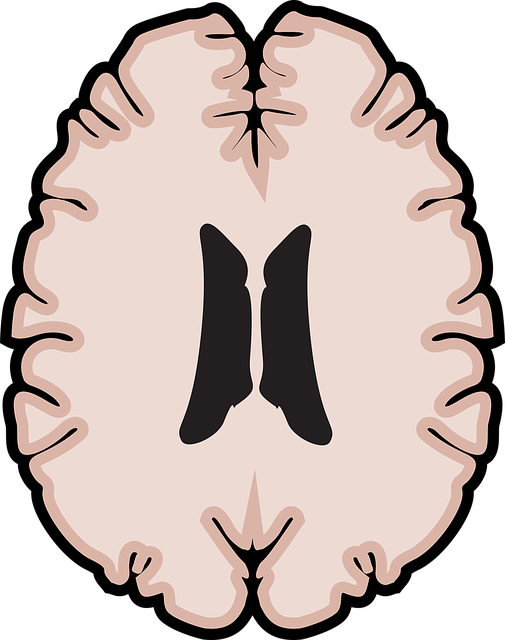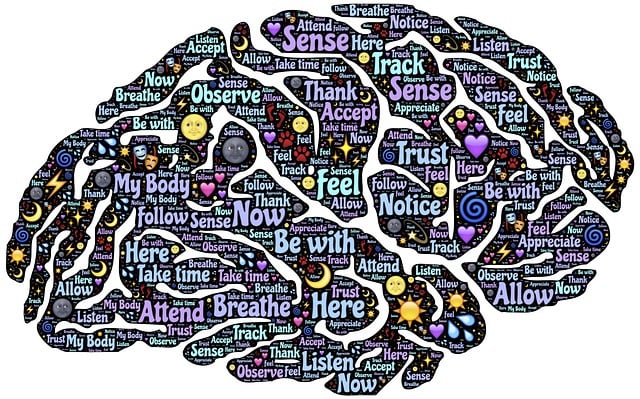Littleton Bariatric Evaluations Therapy (LBET) offers a unique approach to holistic well-being through its Resistance, Flexibility, and Mobility (RFM) exercise programs. By combining physical strength training with mental wellness development, LBET equips individuals with the tools to confront and grow from challenges. Through resistance training, tailored exercise plans, and mindfulness practices, the program enhances physical capabilities, improves mood, reduces stress, and fosters resilience against life's uncertainties. This comprehensive approach empowers clients to view vulnerabilities as growth opportunities, ultimately transforming their mindset and promoting improved adaptability.
Resilience is a key component of overall well-being, particularly for individuals managing weight and health conditions. This article explores how Resistance Fitness (RFM) exercises and mindfulness practices can significantly enhance resilience. We delve into the science behind RFM’s role in building physical and mental strength, offering practical tips for implementation, especially relevant to those seeking transformative solutions like Littleton Bariatric Evaluations Therapy. By integrating these strategies, individuals can cultivate a robust and adaptable mindset for improved health outcomes.
- Understanding RFM and Its Role in Resilience Building
- Implementing Resistance Training for Optimal Results
- Incorporating Mindfulness Practices to Enhance Resilience
Understanding RFM and Its Role in Resilience Building

Resilience is a vital asset for individuals to navigate life’s challenges and setbacks. Littleton Bariatric Evaluations Therapy (LBET) recognizes this, which is why they integrate Resistance, Flexibility, and Mobility (RFM) exercises into their resilience-building programs. RFM training isn’t just about physical strength; it’s a holistic approach to cultivating inner strength development. These exercises are designed to enhance mental wellness by challenging the mind and body, fostering a deeper understanding of one’s capabilities.
By focusing on these key components, LBET aims to promote Mental Health Awareness and equip individuals with effective coping strategies for stress, anxiety, and other mental health concerns. The RFM model encourages participants to embrace vulnerabilities as opportunities for growth, ultimately leading to improved resilience and a more adaptive mindset.
Implementing Resistance Training for Optimal Results

Implementing Resistance Training for Optimal Results
Resistance training, a cornerstone of any comprehensive fitness regimen, plays a pivotal role in building resilience and enhancing overall health. At Littleton Bariatric Evaluations Therapy, we understand that integrating structured resistance exercises can significantly improve physical and mental well-being. This type of training promotes muscle strength and endurance, which is not only crucial for maintaining daily activities but also serves as a powerful tool in stress management workshops organized by various organizations. By incorporating weight lifting, bodyweight exercises, or resistance bands into your routine, individuals can experience improved mood and cognitive function, alongside increased physical capabilities.
The benefits extend beyond the gym; regular resistance training contributes to better sleep quality, reduces symptoms of mental illness stigma reduction efforts, and boosts energy levels throughout the day. It empowers individuals to take control of their health by fostering a positive thinking mindset that translates into resilience in the face of life’s challenges. Through tailored exercise plans, Littleton Bariatric Evaluations Therapy guides clients towards achieving these optimal results, ultimately leading to a holistic transformation.
Incorporating Mindfulness Practices to Enhance Resilience

Incorporating mindfulness practices into resilience-building exercises can significantly enhance an individual’s ability to cope with challenges, a service that Littleton Bariatric Evaluations Therapy offers as part of its holistic approach to well-being. Mindfulness, which involves focusing on the present moment without judgment, cultivates compassion towards oneself and others, fostering an environment where individuals can develop effective coping skills. Research shows that mindfulness meditation reduces stress and anxiety, promoting emotional regulation, a crucial aspect of building resilience.
Through regular practice, individuals can learn to observe their thoughts and emotions without reacting impulsively, thereby increasing their capacity to navigate life’s uncertainties. This is particularly beneficial for those seeking to manage stress related to significant lifestyle changes or health concerns. Incorporating mindfulness into therapy sessions, as Littleton Bariatric Evaluations Therapy does, empowers clients with tools that not only aid in weight management but also enhance overall mental fortitude, making them better equipped to handle future challenges.
Littleton Bariatric Evaluations Therapy highlights the power of RFM—Resilience, Flexibility, and Mindfulness—in building a robust mental framework. By understanding and implementing these principles, individuals can significantly enhance their resilience to stress, anxiety, and life’s challenges. Combining resistance training with mindfulness practices offers a holistic approach to well-being, ensuring that physical strength meets mental fortitude. This integrated strategy is key to navigating life’s twists and turns with grace and determination.










